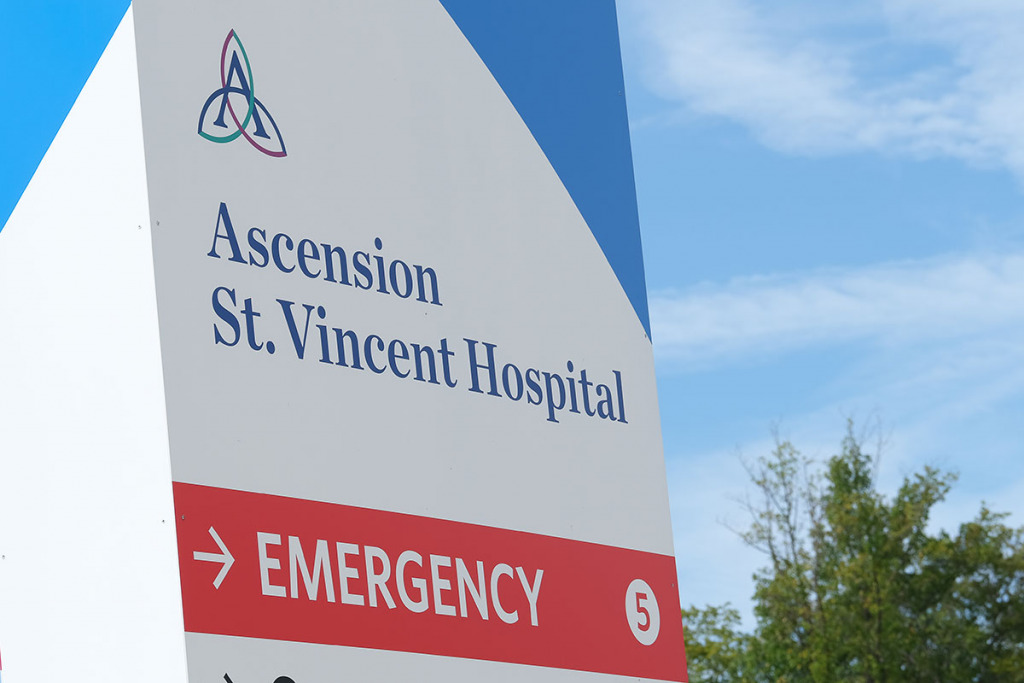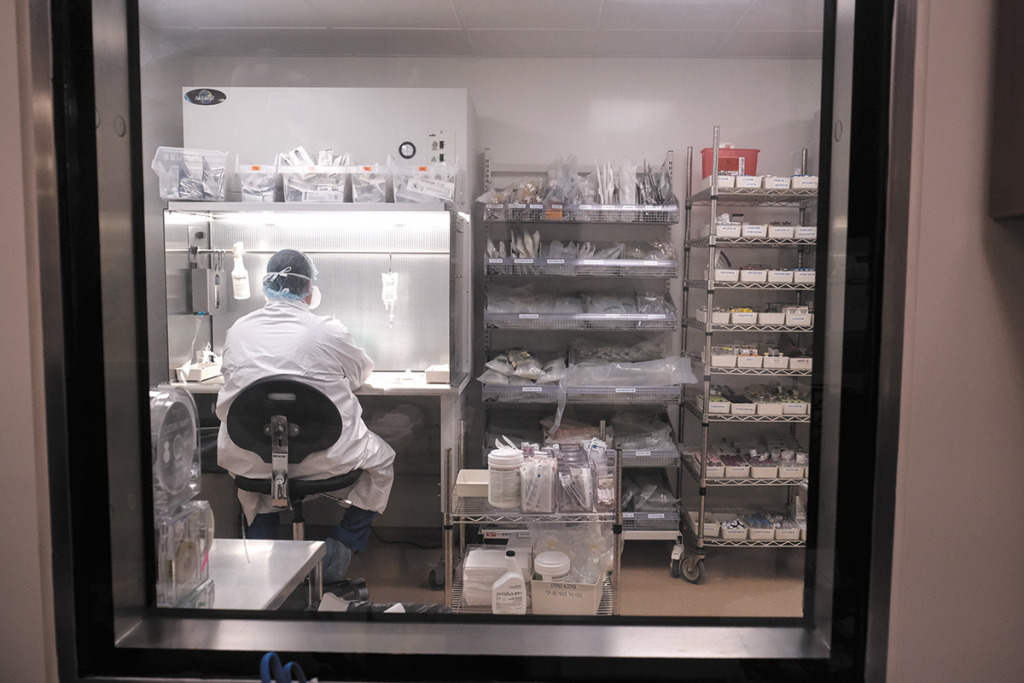
Indiana reaches $6.25M settlement with pharmaceutical companies over EpiPen prices
Attorney General Todd Rokita announced the settlement Monday, just over a year after filing an antitrust lawsuit against Pfizer Inc., Viatris Inc. and several other companies that distribute injectable epinephrine devices.


















